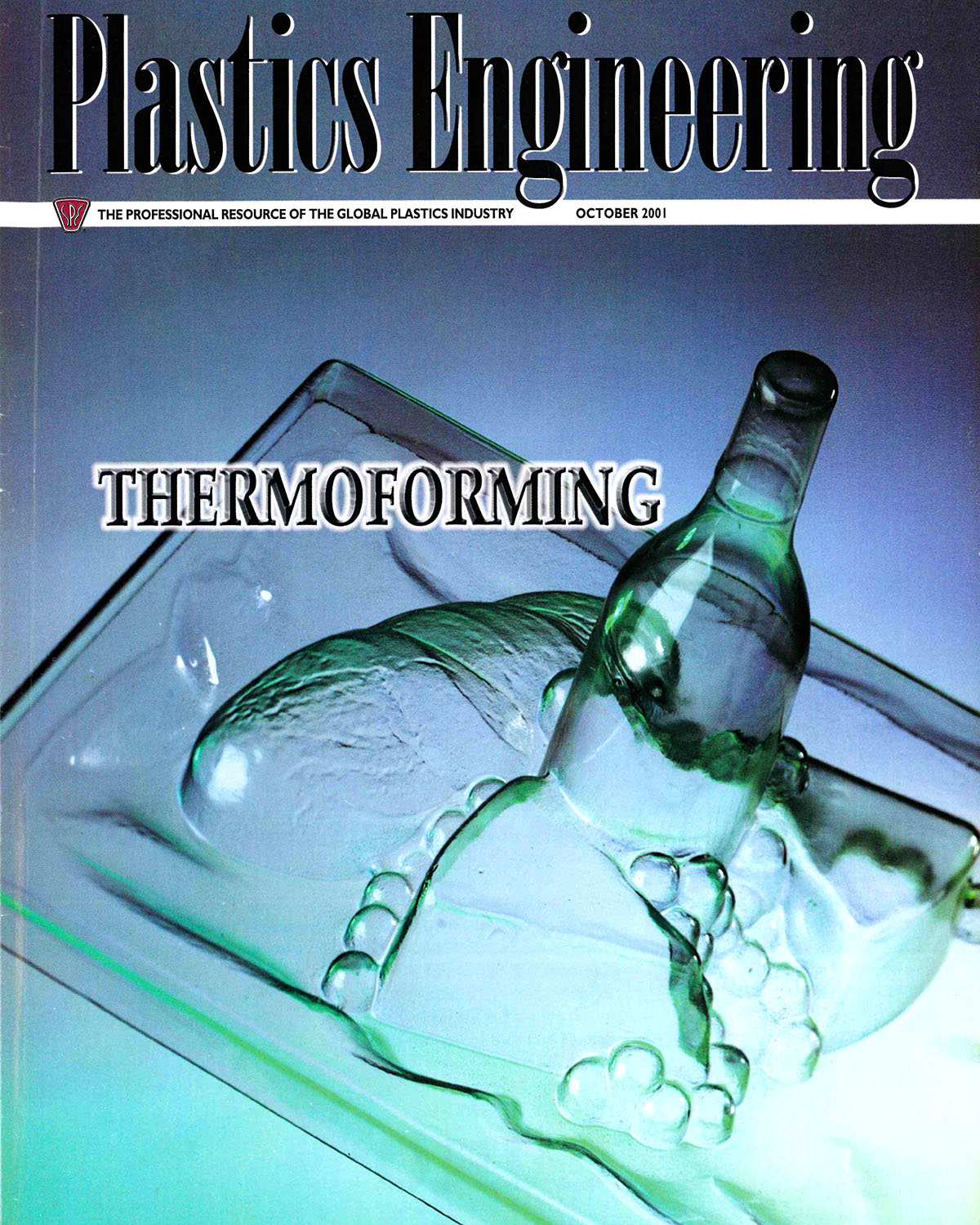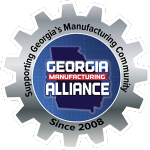The world is full of plastics whether you realize it or not. Practically everything you see and use on a daily basis is entirely or partly plastic material. Your television, computer, car, house, refrigerator, and many other essential products utilize different types of plastic materials to make your life easier.
However, not all plastics are created equally. Manufacturers like us utilize a variety of different plastic materials and compounds. Each one possesses unique properties.
Here are a few of our most popular and commonly used plastics:
- Acrylonitrile-Butadiene-Styrene (ABS)
- Polyethylene
- Thermoplastic Polyolefins (TPOs)
- Polyethylene terephthalate glycol (PETG)
- Acrylic/Polyvinyl Chloride (KYDEX)
- Polystyrene
- Polycarbonate pc
Acrylonitrile Butadiene Styrene (ABS)
ABS is a common thermoplastic polymer. It is an impact-resistant thermoplastic & amorphous polymer meaning it gradually softens with heat but has no sharp melting point.
ABS plastics are made up of three monomers: acrylonitrile, butadiene, and styrene (<– kind of intuitive naming there). It has a wide processing time frame and can be manipulated on most standard machinery.
The engineers at ThermoPro utilize ABS because it can be a rigid material that is easy to work with. In addition, it has a low CLTE (expansion and contraction due to its temperature levels) making it an ideal material for various structural applications. It is great for prototyping and it can be easily machined, sanded, glued and painted.
Polyethylene
Another commonly used plastic is Polyethylene. It is the most common type of consumer plastic and is used in many everyday materials. As a thermoplastic product, it can be heated to a malleable state and then cooled back into a solid, many times over. Polyethylene can be used for various plastic products—from flexible cling wrap to fenders for utility vehicles.
One of the most attractive properties of polyethylene is its durability. It is resistant to fading or chipping, while also being impervious to many chemical substances, such as acids and caustic solutions. Polyethylene maintains integrity even when exposed to extremely cold temperatures, and when combined with UV additives, becomes very suited to outdoor applications.
At ThermoPro we find Polyethylene works well for things like pallets, feeding troughs and utility vehicle accessories.
Thermoplastic Polyolefins (TPOs)
TPO is a plastic compound resin blend that consists of polypropylene (PP), un-crosslinked EPDM rubber and polyethylene. This material is commonly characterized by high impact resistance, low density and good chemical resistance.
TPO is often used when toughness and durability are required. TPO has a relatively lower CLTE and can be used in several different thermoforming processes. Due to its ability to withstand extremes in both UV exposure and temperatures, combined with its impact resistance, TPO is commonly used in automobile manufacturing, agricultural, and industrial applications.
We also use this material in our golf targets.
Polyethylene terephthalate glycol (PETG)
PETG or PET-G, is a thermoplastic in the polyester family that provides significant chemical resistance, durability, and excellent formability for manufacturing. PETG can be easily pressure formed and vacuum formed thanks to its low forming temperatures. This makes it exceptionally popular for consumer and commercial applications.
PETG plastic is also well-suited for fabrication techniques like die cutting, routing, and bending. It is strong and cost-effective when compared to other plastics. Its unique characteristics make it preferable for impact-resistant glazing and high strength display units like the one we made pictured on the cover of Plastics Engineering below.
ThermoPro uses PETG because it lends itself well to various products, displays, and signage.

PVC/ACRYLIC
Thermoplastic acrylic-polyvinyl chloride, more commonly known as KYDEX, was developed by the Philadelphia-based Rohm and Haas Company in 1965. KYDEX is a highly versatile thermoplastic that can be shaped for a multitude of applications. From the acrylic, this material receives formability and rigidity, while the addition of polyvinyl chloride (PVC) adds toughness and high chemical resistance.
However, one of the most valuable characteristics is its resistance to fire. This plastic product was originally designed to be used in aircraft interiors. KYDEX has a high flame retardance, which offers a major safety component in addition to being a durable material.
Additional uses for this material include motor covers, telescopic tubes, seatbacks, and firearm holsters.
Polystyrene
Polystyrene is generally hard, and brittle. It is an inexpensive resin per unit weight and a relatively easy material to process. Polystyrene can be naturally transparent but takes colors easily for cosmetic purposes. It is also one of the most widely used plastics due to its inexpensive price and versatility with types of thermoforming.
Common uses for polystyrene include things like food packaging, disposable cutlery, and trays. However, occasionally we get to make more interesting/unique projects. A team favorite was the replica Crown Royal race car hood.
Polycarbonate
Polycarbonates are thermoplastic polymers containing carbonate groups in their chemical structures. It is a durable material and although it has high impact-resistance, it has low scratch resistance.
Engineers opt for this type of material in part manufacturing because it maintains integrity when exposed to high temperatures. Polycarbonates remain thermally stable up to 135°C and the CLTE is relatively low.
ThermoPro uses polycarbonate with additives in applications where a part must be fire resistant. One of the more interesting applications created in the past was a lifeboat raft cover for an airplane.
This list only scratches the surface of the different uses of plastics and our capabilities at ThermoPro. Contact us to figure out the right material for your next project.

